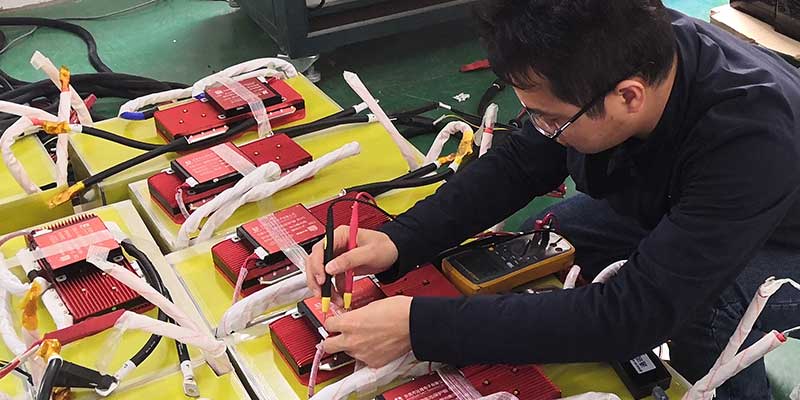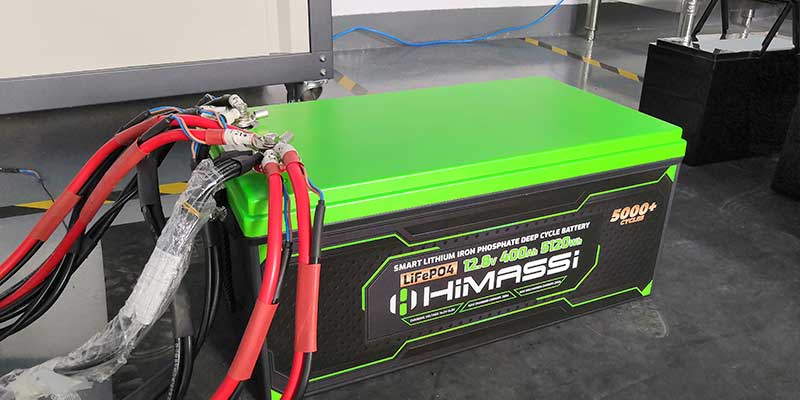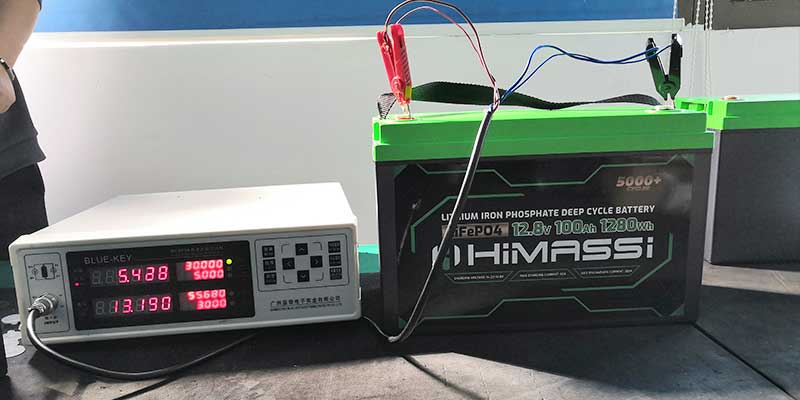How to test lifepo4 battery
Testing LiFePO4 (Lithium Iron Phosphate) batteries is crucial for maintaining their efficiency, longevity, and safety. These batteries are favored in high-demand applications due to their stability and long life, but like all batteries, they require regular checks to ensure they are functioning properly. This guide explains various testing methods for LiFePO4 batteries and how Himax Electronics supports these efforts with advanced solutions.
Understanding LiFePO4 Battery Testing
Proper testing of LiFePO4 batteries involves several key assessments to monitor their health and performance. The purpose of these tests is to identify potential issues before they lead to failure or underperformance, ensuring reliability in whatever application they are used.
Tools Required for Testing
- Multimeter: For measuring voltage and resistance.
- Battery Tester: For comprehensive assessments, including capacity and load tests.
- Thermal Camera or Infrared Thermometer: To detect overheating issues.
- Charger and Discharging Equipment: To evaluate the battery’s charging and discharging capabilities.

Step-by-Step Guide to Testing LiFePO4 Batteries
- Visual Inspection:
- Check for Physical Damage: Inspect the battery for any signs of damage such as cracks, bulging, or leaks, which could compromise its performance and safety.
- Ensure Clean Contacts: Dirty or corroded contacts can impede the battery’s ability to charge or discharge efficiently.
- Voltage Testing:
- Measure Cell Voltages: Use a multimeter to measure the voltage of each cell in the battery pack. LiFePO4 cells should typically measure around 3.2 to 3.3 volts when fully charged.
- Check for Consistency: All cells should have similar voltage levels. A significant variation can indicate a problem with one or more cells.
- Capacity Testing:
- Perform a Capacity Test: Use a battery tester to check the actual capacity of the battery compared to its rated capacity. This involves fully charging the battery, then discharging it under a controlled load until it reaches its cut-off voltage.
- Calculate Efficiency: Compare the measured capacity with the manufacturer’s specification to determine if the battery is meeting performance expectations.
- Load Testing:
- Apply a Specific Load: Test how the battery handles high-load situations. This can help identify potential performance issues under stress.
- Monitor Voltage Drop and Recovery: Observe how the voltage behaves under load and how quickly it recovers once the load is removed.
- Internal Resistance Checking:
- Measure Internal Resistance: Use a battery tester to measure the internal resistance of the battery. Higher resistance can indicate aging or internal damage.
- Temperature Checks:
- Monitor Temperature: During charging and discharging, use a thermal camera to check for hot spots or uneven heating, which could signify internal faults.

Leveraging Himax Electronics for Enhanced Testing
Himax Electronics offers sophisticated tools and expert guidance to elevate the testing of LiFePO4 batteries:
- Advanced Diagnostic Tools: Himax provides state-of-the-art battery testers and diagnostic equipment designed specifically for LiFePO4 batteries, allowing for more accurate and detailed assessments.
- Customized Testing Solutions: Depending on the specific requirements and applications, Himax can tailor testing protocols and equipment to best suit the needs of the battery or application.
- Technical Support and Training: Himax offers comprehensive support and training on how to use testing equipment effectively, ensuring that users can conduct thorough and accurate tests independently.
Conclusion
Regular testing of LiFePO4 batteries is essential for ensuring they perform optimally and safely over their intended lifespan. By employing the right techniques and utilizing the latest technology from Himax Electronics, users can maintain the reliability and efficiency of their LiFePO4 battery systems. For more detailed information on battery testing solutions or to consult with a battery expert, visit Himax Electronics’ website or contact their support team.



